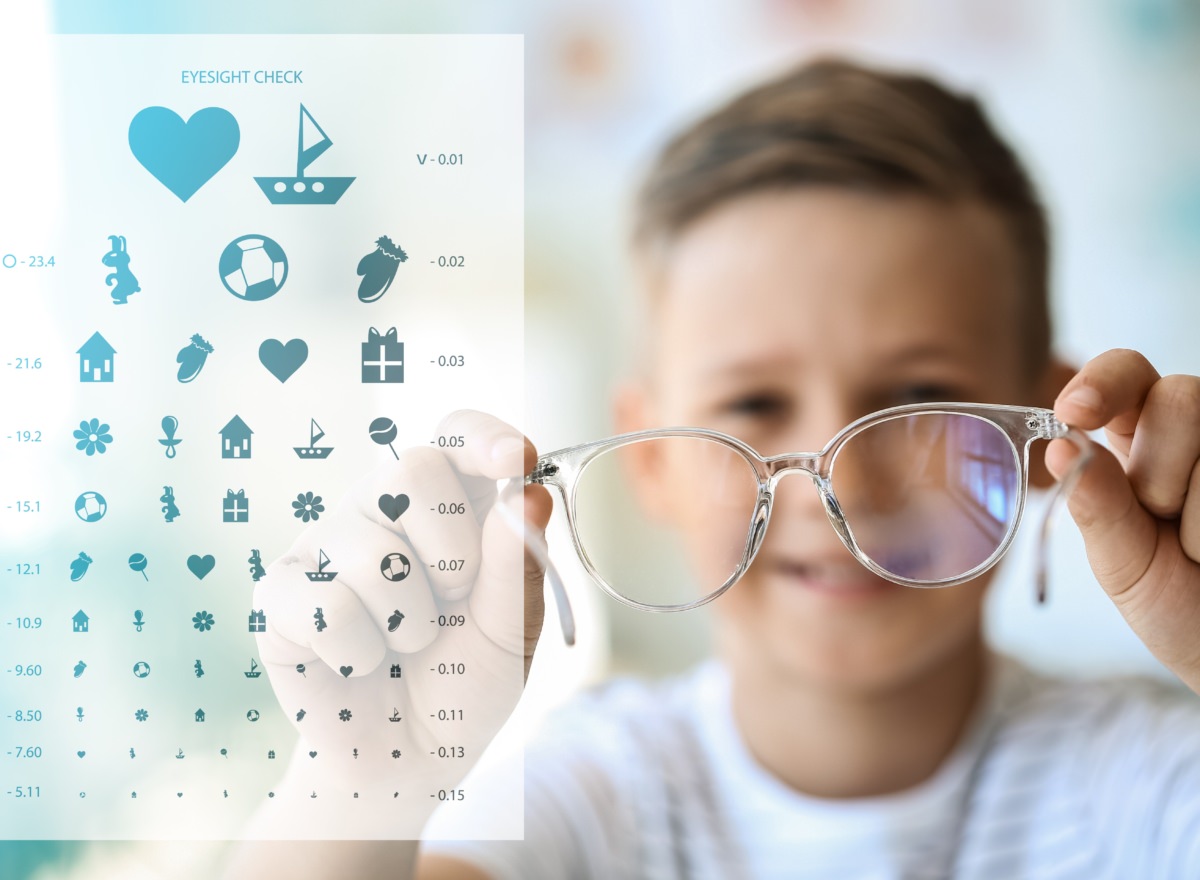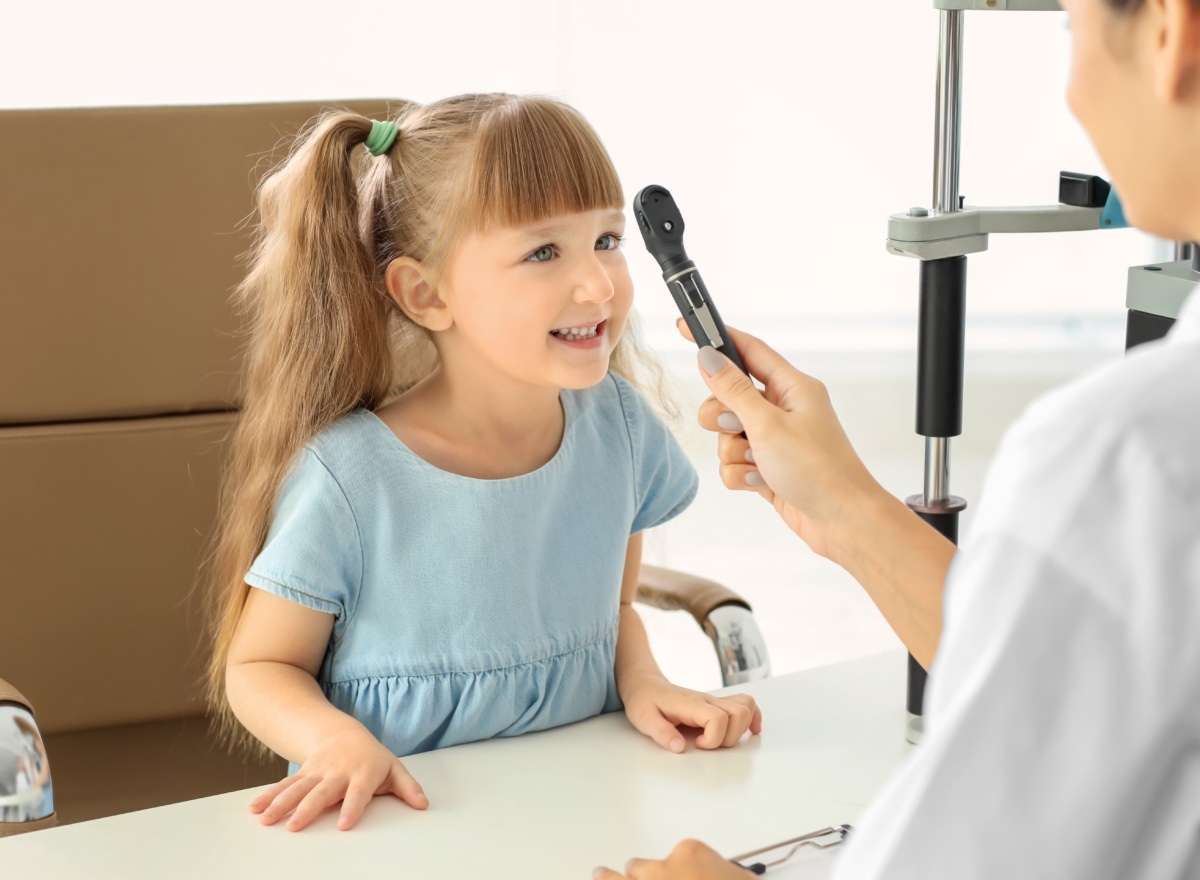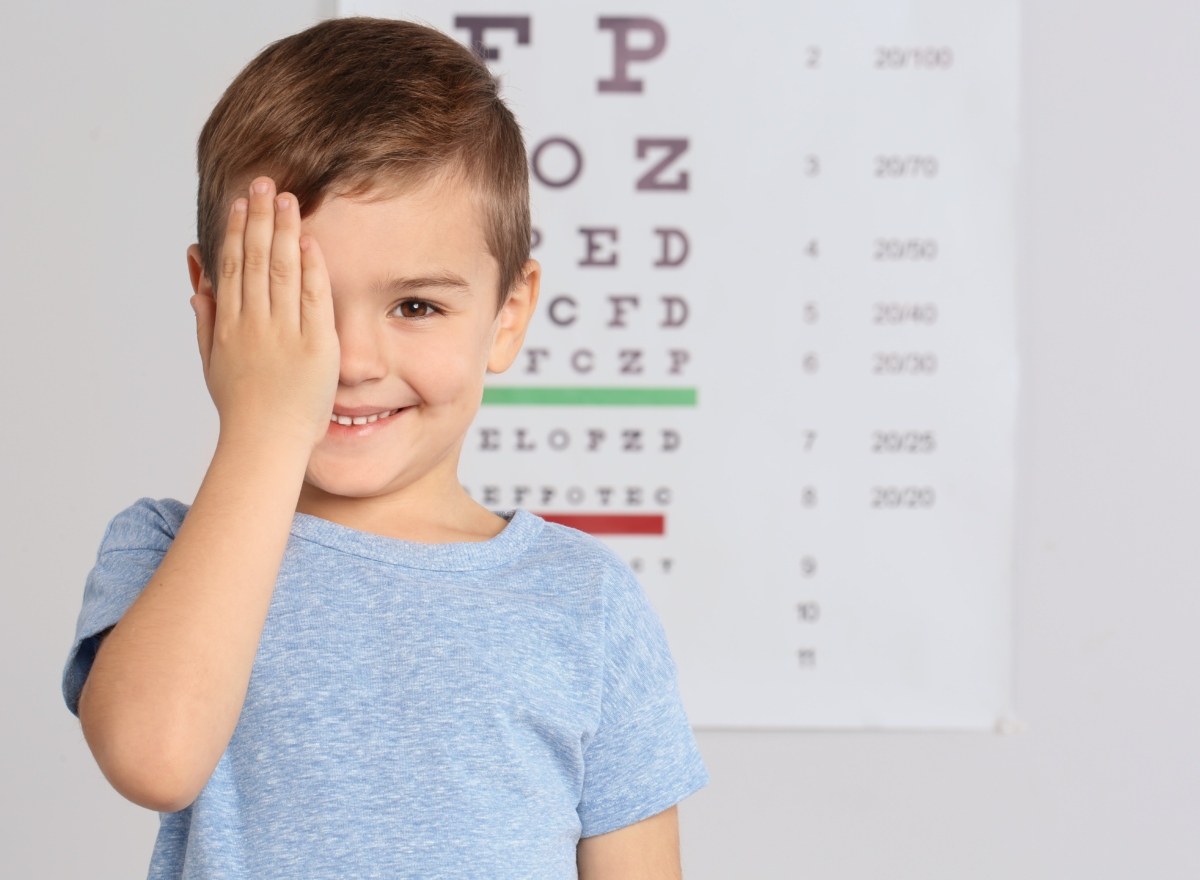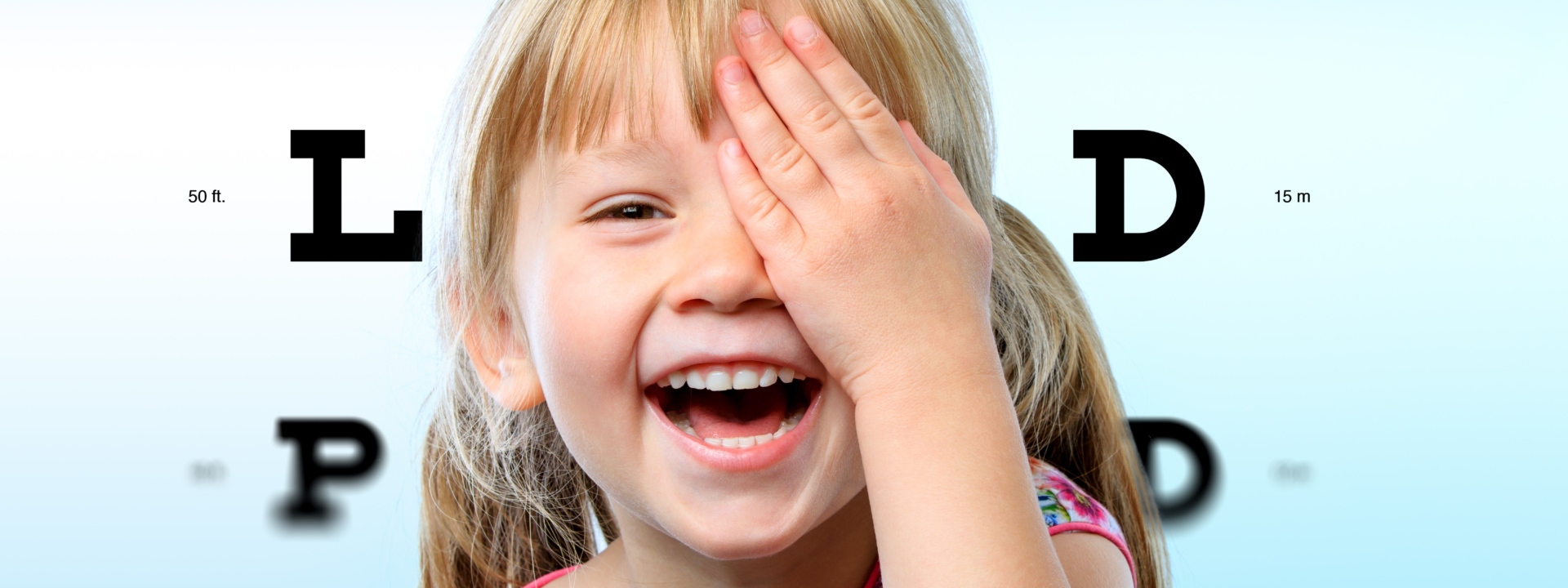Your pediatric ophthalmologist in Vienna and Guntramsdorf
Your children’s vision and early detection of childhood vision defects are especially important to us because if eye changes are detected early enough, permanent vision impairment can be prevented.
Seeing is a learning process. Vision develops in the first years of life, and good visual acuity is necessary for this. In the presence of invisible strabismus and defective vision, the eye cannot provide a sharp image to the brain, so that then the development in the brain does not take place. This can lead to permanent amblyopia, which cannot be corrected later even with glasses.
Often parents report that the children can see every small object, unfortunately this is not a measure of good vision. Small strabismus, unilateral or sometimes bilateral visual defects can often not be detected in everyday l
In order to detect these visual defects, the mother-child-pass examinations are mandatory. In this way, visual defects can be detected and prevented in good time. However, further examinations are sometimes necessary in addition to the prescribed mother-child-pass examinations in order to make a reliable statement regarding the development of vision.
To provide the best possible care for our young patients, we have set up special children’s days in our office.
On these days, we take special time to conduct a detailed and sensitive examination tailored to children in cooperation with an orthoptist.

Our children's services include:
- Assessment of the external parts of the eye
- Assessment of ocular motility / strabismus
- Binocular vision
- Determination of objective visual acuity
- Determination of subjective visual acuity
- Assessment of the cornea, lens and retina


Since the first examination of children usually takes place at the age of 2, the parents should have the examination at short notice if they notice abnormal light reflexes in the pupil, whitish changes in the surface of the eye, sudden onset of strabismus.
As development progresses, children who have poor vision may have a variety of difficulties in school
starting with recognition of letters and numbers, reading and calculations, longer periods of concentration and faster fatigue.


Another focus in terms of pediatric screening is progressive myopia.
Worldwide, myopia is on the rise among children and adolescents. However, the increase in myopia does not only mean a change in glasses, but it also causes significant changes in the eyeball, which may be associated with later eye problems. For this reason we pay special attention to proper management and prophylaxis of myopia.
The following measures have proven useful:
- Stays outdoors (more than 2 hours a day)
- bright reading field, sufficient reading distance
- Special glasses and contact lenses
- special Eye drops

